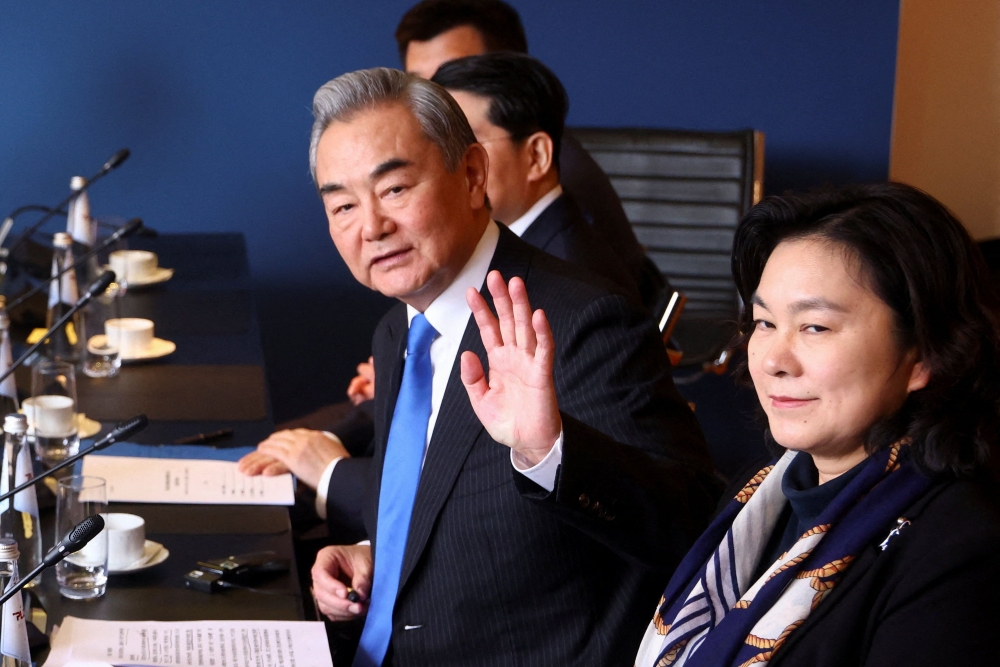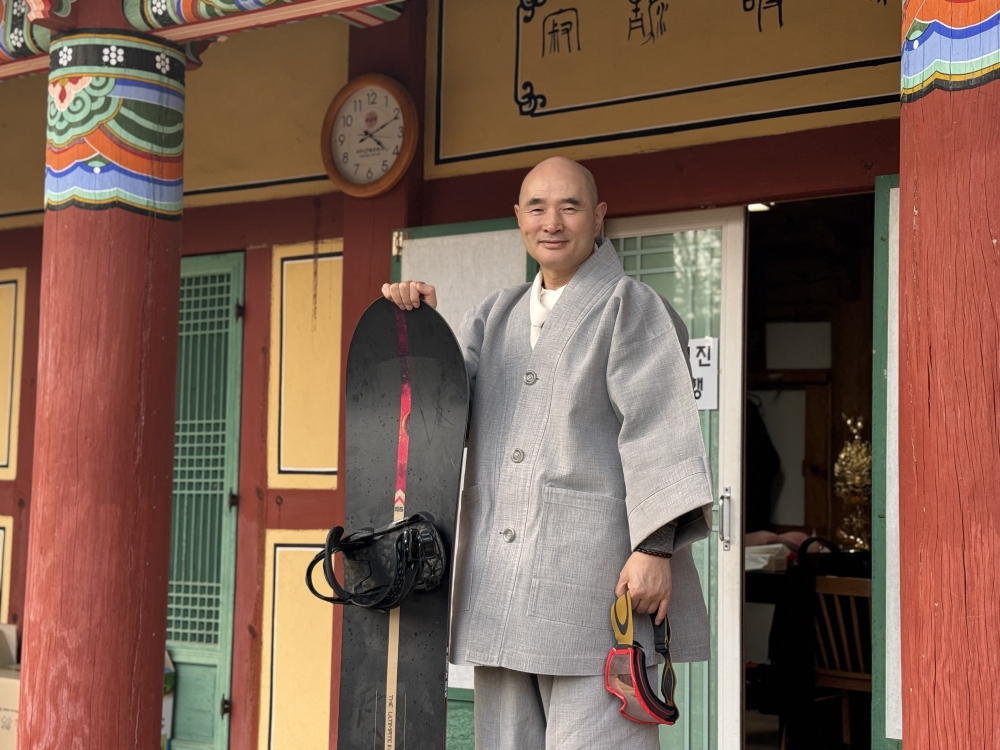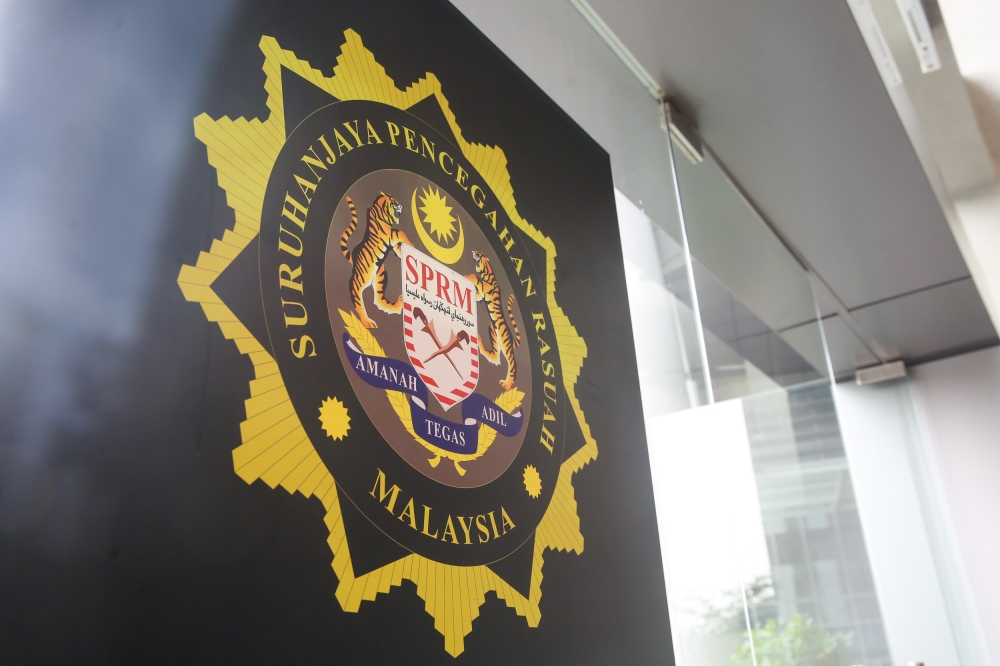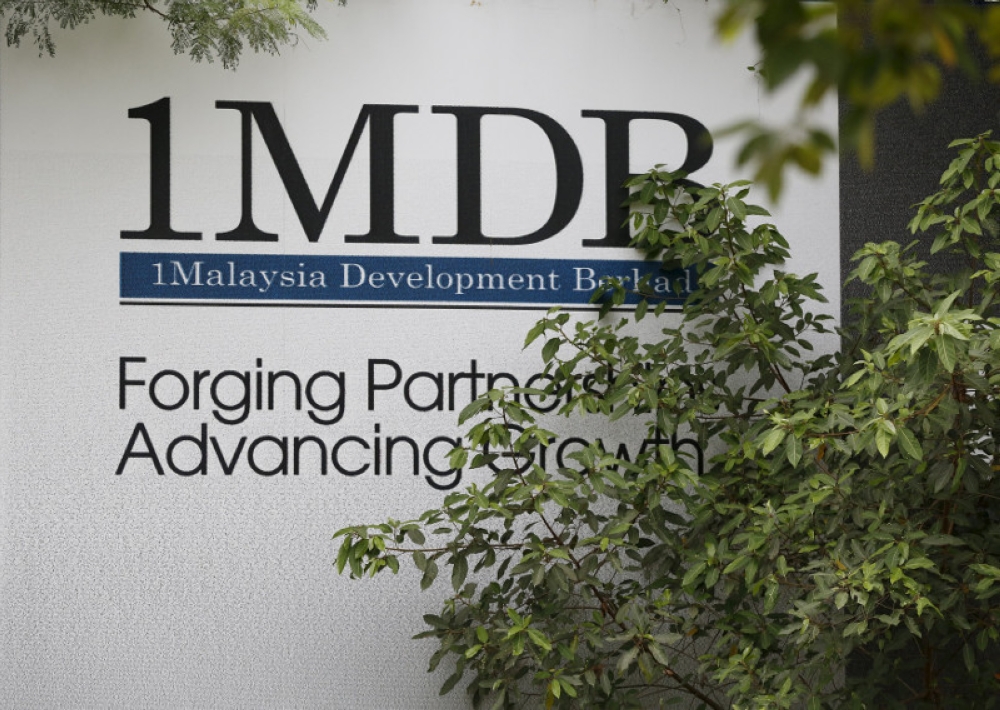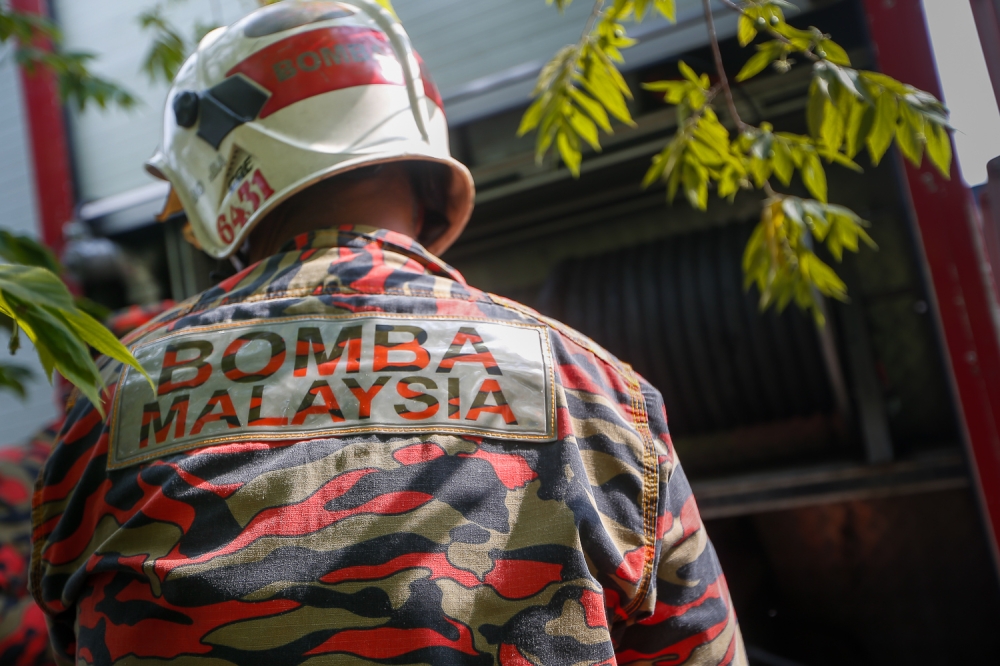JANUARY 13 — I refer to Puthan Perumal’s letter: “Houses of Parliament still sit during Emergency.”
I beg to differ with Puthan on the effect of the proclamation of Emergency by the Yang Di-Pertuan Agong (YDPA) yesterday which took effect on Monday based on the federal gazette of the proclamation vide PU (A) 7/2021.
Prime Minister Tan Sri Muhyiddin Yassin may have assured the public that the proclamation of Emergency is not a military coup and that a civilian government will continue to function.
But the legal reality is that a proclamation of Emergency under Article 150(1) of the Federal Constitution drastically shifts the legislative powers from the legislature (Parliament) to the executive.
A proper reading of Article 150(2B) and (2C) means that when a proclamation of Emergency is in force when both the Dewan Rakyat and Dewan Negara are not sitting concurrently — as the case is currently — the Yang Di-Pertuan Agong (YDPA) (read: the Cabinet or effectively the prime minister) may promulgate ordinances having the same force and effect as an Act of Parliament if His Majesty is satisfied that certain circumstances exist which render it necessary for him to take immediate action. (Emphasis is mine)
Such ordinances may be promulgated in relation to any matter with respect to which Parliament has power to make laws. This is “regardless of the legislative or other procedures required to be followed, or the proportion of the total votes required to be had in either House of Parliament”, and shall continue in force until it is revoked, annulled, or lapsed as a result of the end of the Emergency.
In his doctoral thesis on Emergency powers and parliamentary government in Malaysia, Dr Cyrus Das explains:
“In essence, it is lawfully possible for the Government to ignore Parliament and the Constitution and to take action, both legislative and executive, entirely under its Emergency powers. Under [Article 150(2B)] the Yang Di-Pertuan Agong is empowered at his discretion to make Emergency laws called Ordinances.”
That is, until both Houses of Parliament sit concurrently.
Now, the proclamation also has the effect of extending the executive authority of the Federation to any matter within the legislative authority of a state, and to the giving of directions to a state government or to any officer or authority. [Article 150(4)]
Significantly, no provision of any ordinance promulgated by the YDPA under Article 150 shall be invalid on the ground of inconsistency with any provision of the Federal Constitution. [Article 150(6)]
The only restrictions on this vast expansion of the powers of the executive are as contained in Article 150(6A) that the powers “shall not extend ... with respect to any matter of Islamic law or the custom of the Malays, or with respect to any matter of native law or customs in the State of Sabah or Sarawak.” Nor shall the powers extend to making provisions “inconsistent with the provisions of this Constitution relating to any such matter or relating to religion, citizenship, or language.”
The proclamation of Emergency has thus conferred sweeping legislative powers on the executive which enables it to override numerous constitutional safeguards including fundamental liberties, the federal-state separation of powers, and ordinary protections against the abuse of power, save only for the limited matters stated in Article 150(6A).
Be that as it may, a proclamation of Emergency and Emergency powers are an integral part of the Federal Constitution. When the proclamation is in force, the federal executive becomes vested with vast powers. The challenge is how to check and balance these powers — when effectively there is none — so that they are put to legitimate use at appropriate times.
Will the courts be the constitutional guardian to do the check and balance? Dr Cyrus Das refers to three significant constitutional events — one of which is of course the Stephen Kalong Ningkan’s case — where the courts “let pass an opportunity to limit the limitless spread of Emergency powers.”
Some constitutional scholars, though, have suggested two substantive legal principles to check on Emergency powers.
The first is the principle of non-derogation which alludes to a core of fundamental rights that cannot be infringed or limited, even in an Emergency. The second is the proportionality principle which requires any derogation from fundamental rights not to be more severe than strictly required by the exigencies of the situation.
That said, one may say that it is heartening that the prime minister has given his undertakings (akujanji) on the use of the Emergency powers.
But, he will have to walk the talk.
** This is the personal opinion of the writer or publication and does not necessarily represent the views of Malay Mail.









